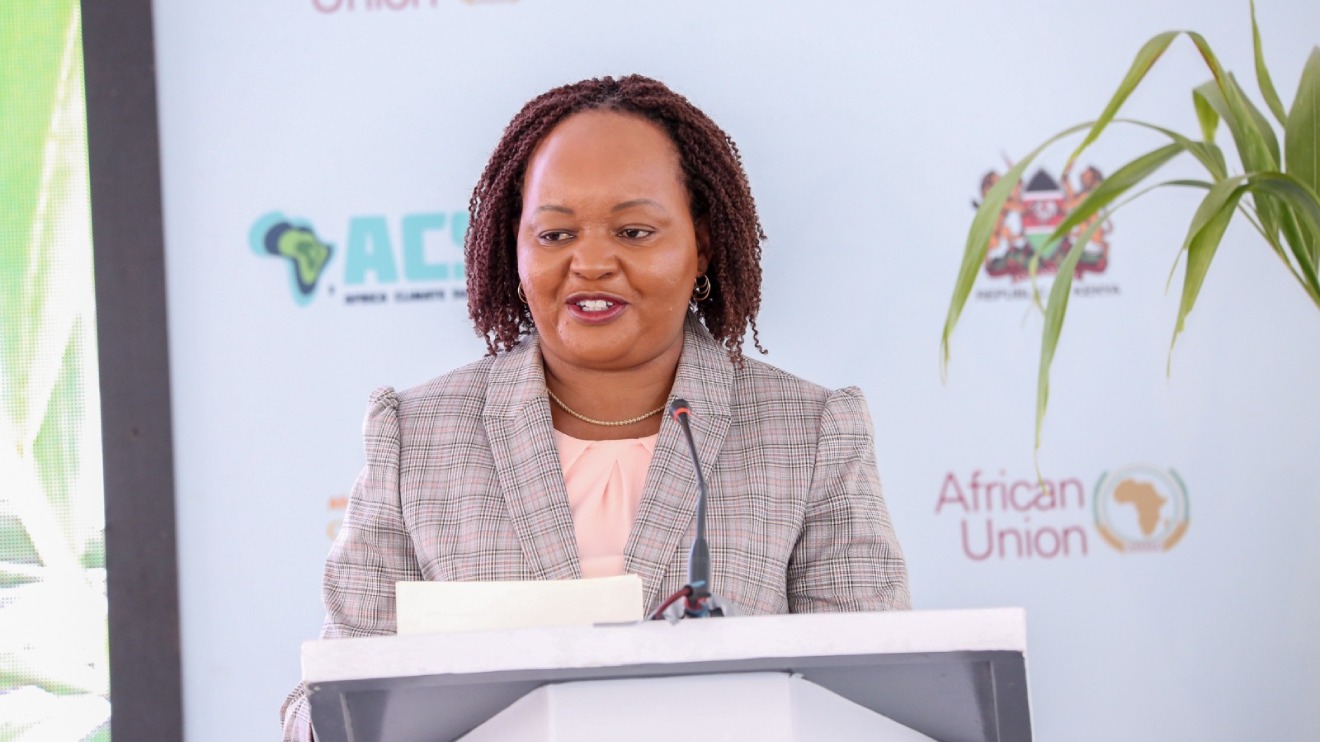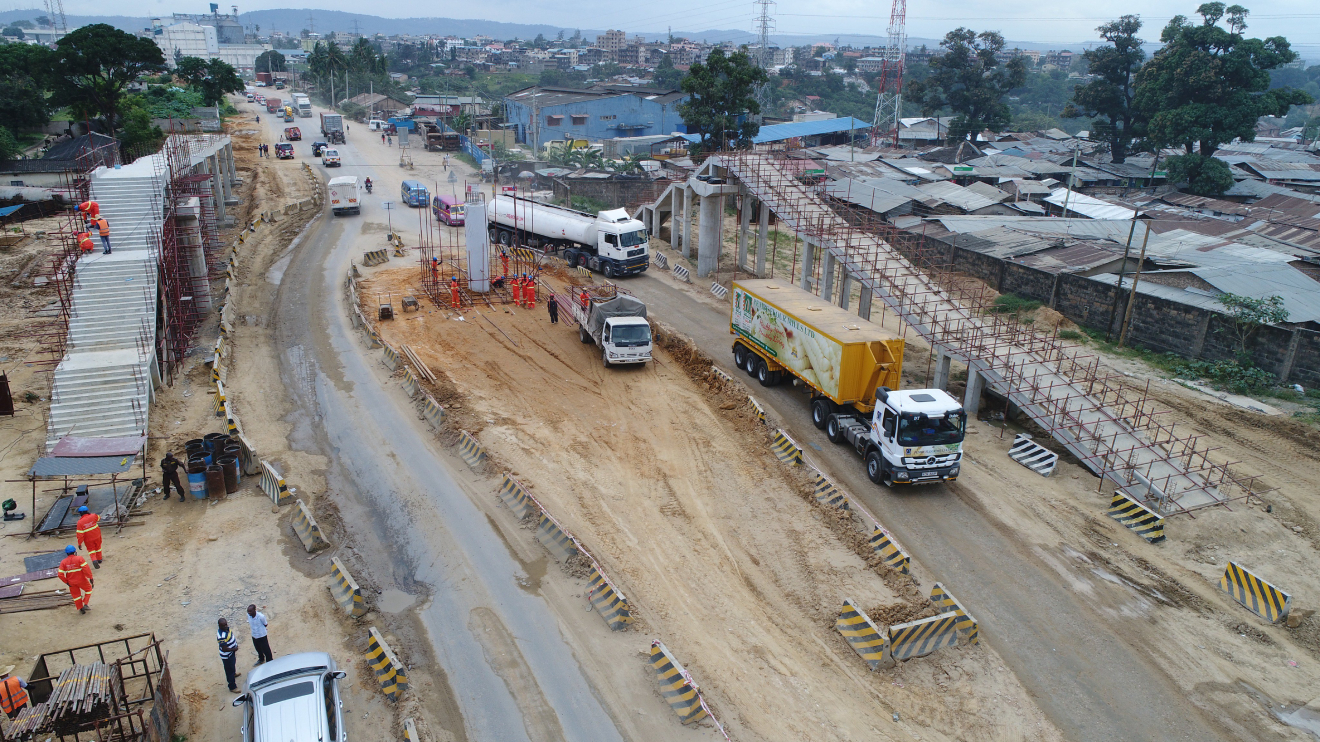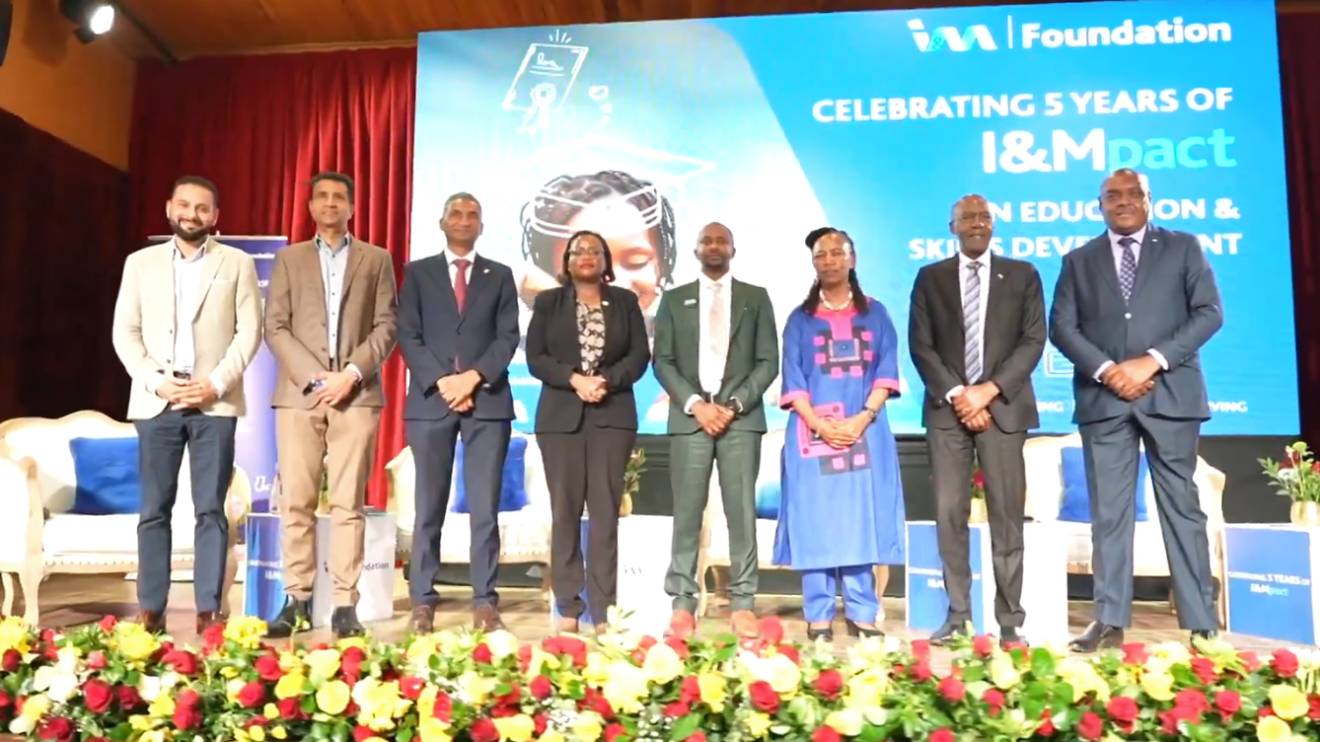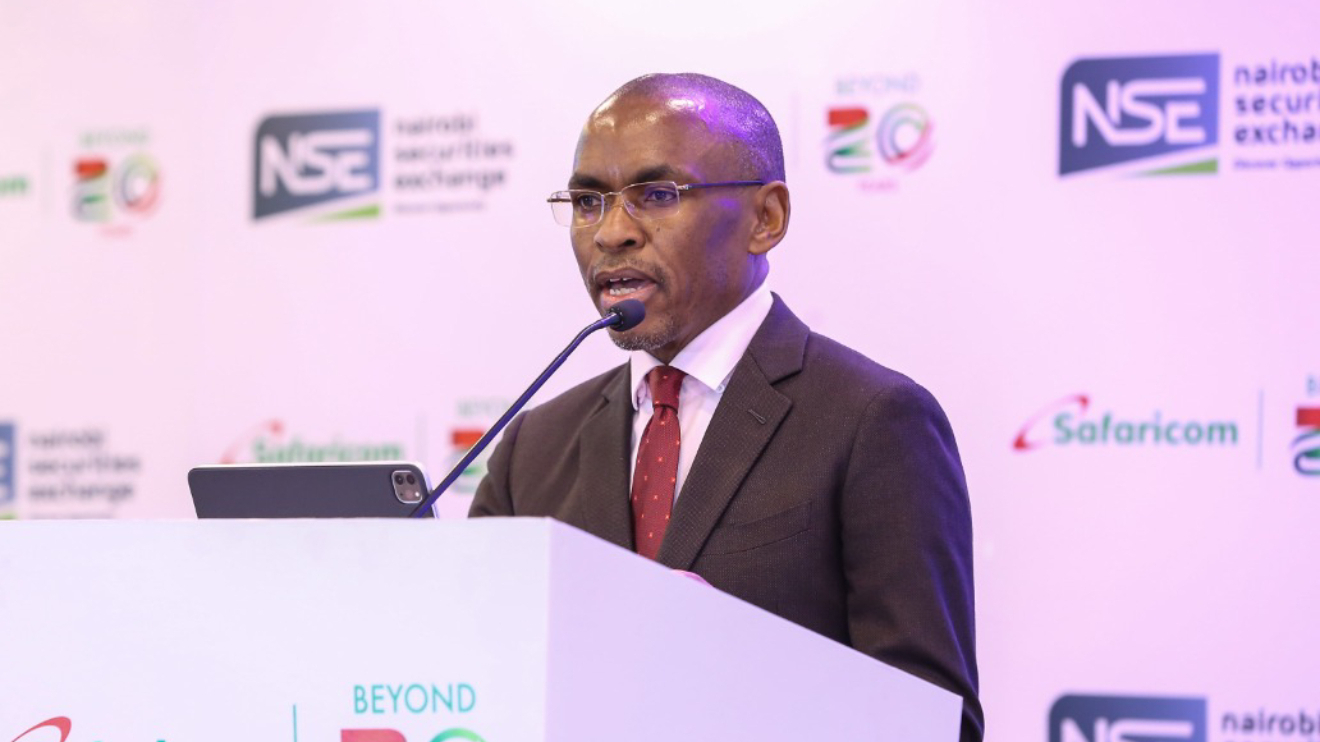County governments in Kenya, under the leadership of Council of Governors (CoG) Chair Anne Waiguru, have made substantial progress in safeguarding vulnerable urban populations from the adverse impacts of climate change.
Speaking at the Africa Climate Summit in Nairobi during the high-level event on the operationalization of the Building Climate Resilience of the Urban Poor Initiative (BCRUP), Waiguru emphasized the importance of these efforts and the need for a concerted approach to protect urban dwellers from climate change shocks and stresses.
According to Waiguru, counties have taken significant steps to address climate vulnerability among the urban poor.
This includes the development of urban infrastructure, socio-economic inclusion surveys, and comprehensive plans aimed at reducing the susceptibility of vulnerable populations to climate-related challenges.
Furthermore, urban governance institutions have been established within devolved units to strengthen the governance framework for managing urbanization effectively.
Read More
"So far, we have nearly 1 billion people living in informal settlements, and therefore building resilience and enhancing the adaptive capacity of the urban poor to recover from shocks and stresses is a major aspect to be integrated into the climate emergency discourses," stated Waiguru, highlighting the gravity of the situation.
Waiguru also emphasized that despite the urban poor contributing the least to the causes of climate change, they bear the brunt of its consequences.
As a result, climate adaptation efforts must ensure that no one is left behind in the fight against climate change.
The key achievements of the county governments include the establishment of 97 cities and municipalities and the preparation of urban resilience strategies.
These strategies will play a crucial role in the implementation of the BRUP initiative in major cities such as Nairobi, Mombasa, Kisumu, Eldoret, and Nakuru.
The BCRUP initiative primarily focuses on vulnerable populations affected by climate vulnerability due to socio-economic circumstances.
These groups often lack access to decent shelter, social amenities, and support systems.
Despite efforts to build resilience, they remain disproportionately affected by climate change, with many residing in inadequate housing in flood-prone areas or on vulnerable slopes.
The BCRUP initiative aims to build resilience and enhance the adaptive capacity of the urban poor against adverse climate change effects and disasters.
Waiguru commended the Affordable Housing Programme by the Kenya Kwanza administration for its visionary approach to eliminating informal settlements, providing essential amenities, and creating employment opportunities for youth.
“On behalf of the Council, we wish to thank the state Department of Housing and Urban Development and all the partners who have been part of this initiative and assure you that the County Governments through the Council will take a leadership role in the implementation of the initiative,” Waiguru said.
In conclusion, Chair Anne Waiguru called for urgent action and greater ambition to combat the adverse effects of climate change.
Rising global temperatures have already led to rising sea levels, extreme weather events, and the spread of tropical diseases, all of which disproportionately affect cities and urban areas.
The County Governments, in collaboration with partners, are committed to the full implementation of the BCRUP initiative, ensuring the protection and resilience of Kenya's urban poor in the face of a changing climate.







-1756319289.jpg)
-1757101509.jpg)



